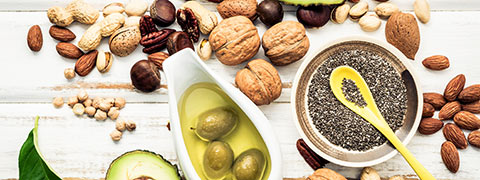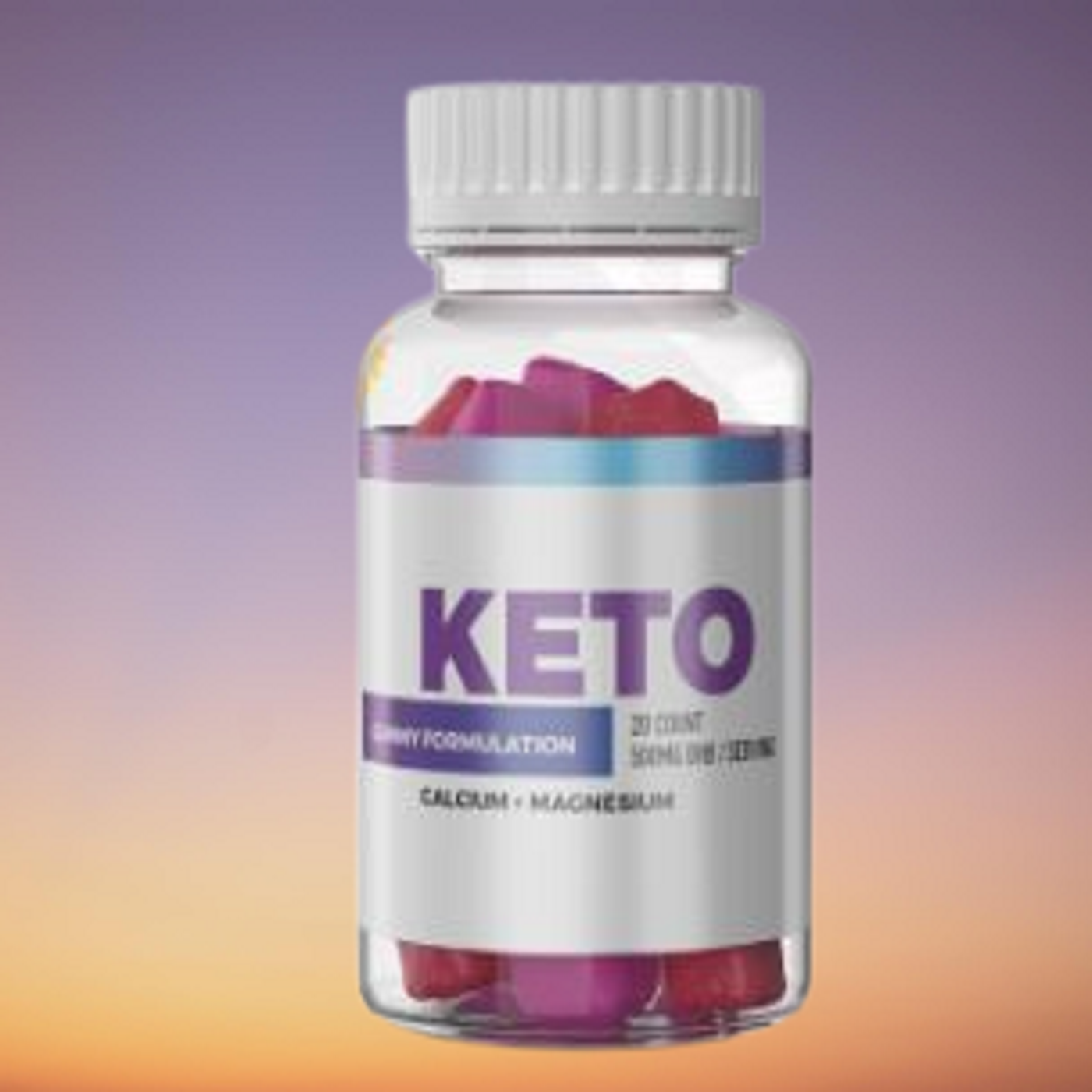Health & Medicine
All About PUFA And MUFA: Functions And Health Benefits
by Author
-
Friday, October 13, 2023
299 Views
There are many different types of cooking oils and many of us are often confused about how to choose the right oil. Each type of oil has its own characteristics and meets many different needs. Although extra virgin olive oil is recommended for salad dressings, sunflower oil works great for southern-style dishes. Tadalafil 20mg Price and Buy Tadalista 60 mg is an oral medication for the treatment of ED in men. Learn more about the pill and order it online in USA, UK at Best rates.
Cold-pressed or wood-pressed coconut, sesame and peanut oils are regaining popularity thanks to growing interest in traditional recipes. Also, assuming you have come across the terms pufa and mufa while exploring good oils and fats and thinking about these references, then in this article we will tell you contrast between these two important basic fats and their roles in maintaining good health. . . What is fat? Fat is one of three macronutrients, the other two being sugar and protein. Fats also known as fatty oils contain 3 chain unsaturated fatty esters and glycerol alcohol. Fat provides 9 calories per gram, while carbohydrates and protein provide 4 calories per gram. The majority of fats found in foods consist of medium to long chain unsaturated fats. Fat factor
Energy sources
Fat provides energy to the body when carbohydrates are lacking. Excess calories are stored as lipids in fat cells, providing the body with energy and increasing energy levels.
Helps retain nutrients
Nutrients a, d, e and k are fat-soluble nutrients that require adequate fat in the diet to function properly.
Monitor temperature
Fat is stored in adipose tissue, which functions as a protective substance to keep up with normal internal heat levels.
Look at the basic organs
The safety and functioning of dark cells is imperative, which can be ensured by consuming some advanced brain foods. In addition to the brain, part of important organs such as nervous tissue and bones is protected by fat, which protects against sudden injuries and has a protective effect.
Recommended fat intake
About 30% of calories should come from complete fats, which are necessary for optimal growth and development.
Less than 7% of absolute calories from fat sink
10% of absolute calories from monounsaturated fat
15-20% of absolute calories come from polyunsaturated fats
Less than 200 mg/day of dietary cholesterol
What are mufa and pufa? Monounsaturated fats (mufas) are solid fat particles with double chains of safe fatty acids and one-time enriched residual carbon iota. Mufa-rich vegetable oils are dilute at room temperature and semi-solid or solid when refrigerated. Regular food sources high in mufas are dairy products, nuts, seeds, olives and avocados and are a fundamental part of the mediterranean diet. Sunflower oil contains 85% mufa, while olive oil contains 75% and canola oil contains 58%. Some other great sources of mufa are almonds, corn, sesame, walnuts, grape seeds, safflower, and whole wheat.
Polyunsaturated fats (pufa)
Polyunsaturated fats (pufas) are solid lipid particles with at least two double carbon titers. Pufa-rich oils are liquid at room temperature, their viscosity and dissolution temperature increase unlike double bonds. Great sources of pufa are pecans, sunflower seeds, flaxseeds and poppy seeds.
Pufa has two types of unsaturated fatty acids omega 3 and unsaturated fatty acids omega 6. Omega 3 unsaturated fats have 3 types of linoleic acid, eicosapentaenoic acid and docosahexaenoic acid and they are often abundant in fish and a some vegan sources include chia seeds, hemp seeds and flaxseeds.
Rich sources of omega-6 unsaturated fatty acids are palm, soybean, rapeseed and sunflower oils.
Foods rich in omega-6 unsaturated fats include eggs, whole grains, nuts, pumpkin seeds, pine nuts and pecans. However, the main dietary sources of epa and dha are fish oil and krill oil.
Medical benefits of mufa and pufa
Omega 3 unsaturated fatty acids, the main area of strength, have stimulating properties that help reduce the risk of coronary heart disease, alzheimer’s disease, improve vision and improve mental health.
Favor oils rich in mufas and pufas over soaked fats and other unwanted fats, as this may reduce the risk of coronary heart disease.
Mufa is good in further developing insulin levels and monitoring blood sugar levels, thus preventing cases of hyperglycemia, hypoglycemia and side effects of prediabetes.
Evidence has shown that normal intake of mufas reduces bad cholesterol and has the same effect on good cholesterol. Omega 3 unsaturated fats rich in pufa improve mental state and reduce grief and stress.
Omega 3 unsaturated fats promote normal fetal development.
Recommended amounts of mufa and pufa will help support cells and nerves as well as aid absorption.
The key is balance, as consuming too much fat can increase the risk of persistent disability.





